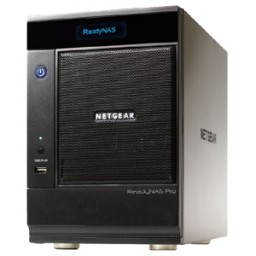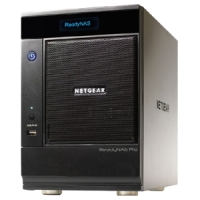The storage server is a great way of sharing common information among a group of users. These servers are connected to a network, and allow any user connected to that network to store files and other data on those servers. Over the past few years, storage servers have been more affordable, to the point where the they aren’t just used by large businesses.
For small businesses and home users, it is easier than ever to own your own storage server. There are many benefits to creating and installing a server to store data, especially if the data needs to be shared among several users.
A Server That Stores Data

The term “storage server” is a generic name given to a server that stores anything you wish it to store. Whether the data is pictures, documents, or other files, this type of server is able to store it for multiple users.
The great aspect of such a server is the fact that you can share the data among many users. This means that you don’t have to copy the data onto a flash drive, CD, portable hard drive, or even sending the data through e-mail, to allow multiple users to open up a file. Place the file on the server, and then have the users connect to the server through the network to gain access to the file.
In the past such an idea was limited to large corporations – ones that could afford servers to run and maintain. As technology has progressed, the cost of purchasing and running a server has decreased. You now get more bang for you buck with the servers of today.
A Personal Home Storage Server
I have created a backup process that helps to keep my data protected. I currently use an external hard drive, and a portable hard drive for backing up my data. I also use an online backup provider, as well, but we’ll focus on the two hard drives.
The master copy of my data is stored on the external hard drive, and is then backed up to my portable hard drive. Most of my data are digital photos – files that can’t be replaced if they were lost. If I wanted to share my photos with my wife, I would need to do one of two things:
- Copy the data to a flash drive, or DVD, and then copy the data to her laptop.
- Disconnect the external hard drive from my computer, and then connect it to her laptop. Since my portable hard drive is stored offsite, it isn’t as accessible as the external hard drive.
Benefit of a Home Storage Server
If I had setup a home storage server, I could easily copy my data to that server, and then have my wife connect to the server to copy the data anytime she chooses. This is one of the main benefits of using such a server.
Another benefit is the ability to backup data from multiple computers at any given time. Simply connect any number of computers to the server, and then copy the data from the computer to the server. From there, you can then make one backup from the server on a regular basis to backup all the data. If you had an online backup provider, such as Mozy, then you can backup data from multiple computers automatically by installing the software on the server.
There are many options that you can choose for setting up a server that stores your data. A desktop with several hard drives can act as a cheap server, or if you have the cash, you can spend money on a server. There are many that aren’t too expensive, and the main thing you need to think about would be the hard drives.
A good storage server will have enough space to store all your data, and then some. Having multiple hard drives, about 4 or more, will allow you to set them up in a RAID configuration that will provide you with data mirroring (helps keep your data safe), and an increase in performance.
If you want a simple solution, network attached storage (NAS) devices can be found in most computer stores. These are small boxes that contain its own operating system that is used to operate several hard drives. Once connected to the network, they can then be used for storage, hence the name.
A storage server is a great way of sharing data between several users on a network. Unlike in the past, small business and home users can now afford to run their own storage server with a minimal of cost and effort.
